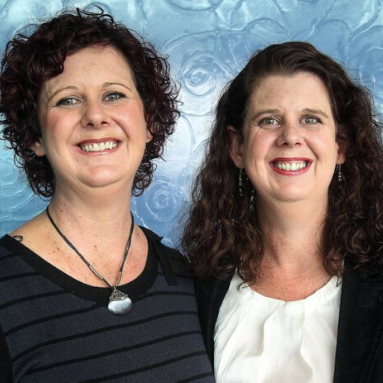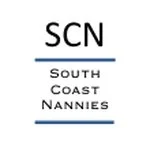
A proposed $246 million pilot program to subsidise nannies for shift-working families has been praised as a step in the right direction for Illawarra families.
Announced this week, the two-year trial will provide funds nationally for about 4000 nannies, targeting parents who work irregular hours, those who live in rural areas and those with special needs children.
Melinda Robertson, who runs South Coast Nannies with sister and business partner Richelle, said the move was a welcome step towards recognising nannies as a legitimate alternative to traditional childcare.
Many shift workers, such as ambulance officers, police and defence personnel would certainly benefit from having a nanny to address that unmet need for quality, flexible care for children, she said. Everyones family needs are individual so this will be a good step forward.
Under the program, nannies will have to be employed through approved service providers chosen through an open tender process, opening in July. While many have praised the plan, others have queried whether the subsidy will go far enough, considering the likely higher cost of hiring through an agency with insurance, administration, superannuation and other expenses to consider.
Shift worker and mum Jo Noble said she was initially thrilled to hear about the plan, but on further reflection had concerns the subsidy would only help those on higher incomes.
The trial is also dependent upon the Senate passing other savings measures.
Although nannies would need to be 18 years old, have a current Working with Children Check and first aid qualification, they would not be required to hold a minimum early childhood qualification.
But this is only a pilot program just to see what works and what doesnt work.
This weeks announcement comes after the Productivity Commission report into childcare learning recommended nannies be an eligible service for government assistance to families.
The subsidy would be paid to approved service providers on an hourly basis and would be adjusted according to family income, which must be under $250,000. The pilot is scheduled to begin in January 2016.




